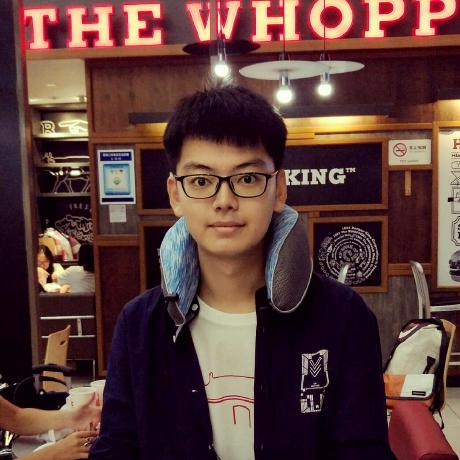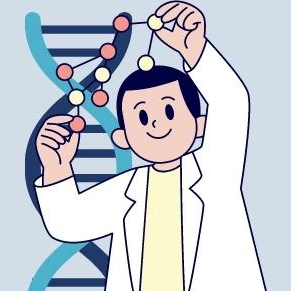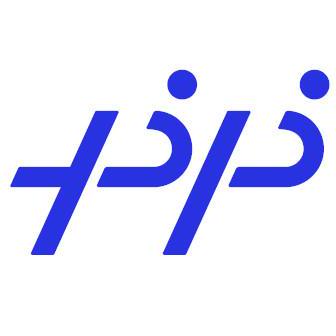Discover and explore top open-source AI tools and projects—updated daily.
GeoLDM by  MinkaiXu
MinkaiXu
3D molecule generation via geometric latent diffusion models (research paper)
Top 95.2% on SourcePulse
This repository provides the official code for Geometric Latent Diffusion Models (GeoLDM), a method for generating 3D molecular structures. It addresses the challenge of generating chemically valid and diverse molecules by leveraging geometric deep learning and diffusion models, targeting researchers and practitioners in computational chemistry and drug discovery.
How It Works
GeoLDM employs a latent diffusion model architecture that operates on a learned, lower-dimensional representation of molecular geometry. It utilizes Equivariant Graph Neural Networks (EGNNs) within its diffusion process to ensure rotational and translational equivariance, a crucial property for handling 3D molecular data. This geometric approach allows for more efficient and accurate modeling of molecular structures compared to methods that ignore or poorly handle spatial relationships.
Quick Start & Requirements
- Install:
pip install -r requirements.txt(or use the providedcondaenvironment setup). - Prerequisites: Python,
rdkit(recommended for some functionalities), potentially large GPU memory. - Setup: Data preparation for the Drugs dataset is required.
- Docs: https://github.com/MinkaiXu/GeoLDM
Highlighted Details
- Supports generation for QM9 and Drugs datasets.
- Enables conditional generation based on molecular properties (e.g., alpha, gap, HOMO, LUMO).
- Includes evaluation scripts for sample quality analysis and property prediction.
- Pretrained models are available for QM9 and Drugs datasets.
Maintenance & Community
The project is associated with the International Conference on Machine Learning (ICML) 2023. Further community or maintenance details are not explicitly provided in the README.
Licensing & Compatibility
The repository's license is not explicitly stated in the provided README. Compatibility for commercial use or closed-source linking would require clarification of the license.
Limitations & Caveats
The README notes that experiments were conducted on "pretty large" GPUs, suggesting potential memory constraints for users with less powerful hardware. It also mentions an experimental finding where an untrained encoder yields similar results to a trained one, indicating ongoing research and potential for further optimization.
2 years ago
1 day

 AspirinCode
AspirinCode liugangcode
liugangcode octavian-ganea
octavian-ganea junxia97
junxia97 materialyzeai
materialyzeai vgsatorras
vgsatorras bowenliu16
bowenliu16 ehoogeboom
ehoogeboom PaddlePaddle
PaddlePaddle hyperai
hyperai RosettaCommons
RosettaCommons